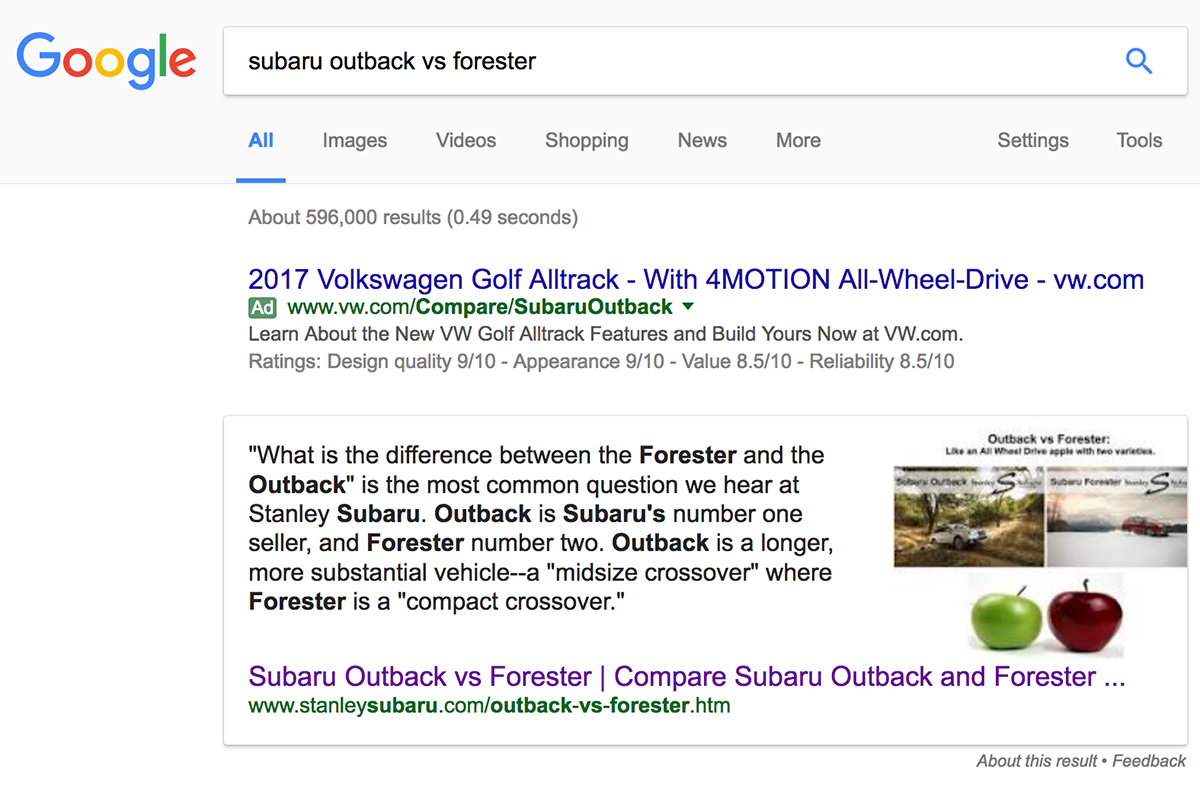Business Marketing can be a tedious chore for many industries. Not every company has customers who virally post pictures and videos of themselves using your product, share it with their friends, and then refer back to your purchase page. In fact, few do. This is where business blogging and inbound marketing comes into play.
Blogging is a great chance to provide your take on the industry, share recent news, and answer questions that customers or prospective customers frequently have.
Marketing Exposure & SEO
Through blogging, you can go into detail that can’t be found through other popular social media channels (Facebook, Twitter, etc.). The major benefit to this is the textual content. All of the text content of your blog post is read by search engines, and it notifies the search engine that you’re a popular source of information on “keyword X”, “keyphrase Y”, and “brand name Z”.
The more times you publish unique information on your industry, key topics, and brands, the more search engines weight your strength as an expert source.
As well, if you’re a popular source that gets users to comment, share, provide feedback, and return, search engines will see that as a “democratic style vote” towards your expertise, and increase your search ranking for those topics.
You own an auto shop that sells parts, service, and a specific brand vehicle. In trying to gain exposure of your business, you decide you’re going to start blogging. So, you write a blog post asking one of the most common consumer questions that come across your desk: “Is X car better than Y car”, or “What’s the difference between X and Y?”
A great display of exactly this – with amazing SEO due to the frequency of this question – is written by Stanley Subaru in Ellsworth, Maine, and it’s the highlighted result in Google when you search “Subaru Outback vs Forester”: http://www.stanleysubaru.com/outback-vs-forester.htm

Customer Support & Rapport Building
If you use your blog to answer real questions that your customers have, it also becomes a permanent repository for FAQs. Plus, by spending the extra time going over these questions in-depth on your blog, it reduces the amount of time and resources you would have to spend for each individual customer who has that question or problem.
Not only does this build a static customer support system, but it also paves the way to explaining problems more in-depth and consistently to each customer – without needing to do it in-person.
WordPress
Using a CMS (Content Management System) like WordPress allows for visitors to comment, provide feedback, and subscribe to future updates through your RSS feed (already built in with WordPress).
WordPress offers an easy-to-use system that allows you to update your old blog posts, respond to comments, and tie related blog posts together using categories, tags, and a built-in search feature.
You can download WordPress at https://wordpress.org/
If you are confused with this process, or don’t know how to get the software on your servers, many hosts offer a “1-click install” of WordPress, and can walk you through getting it set-up.
Business Authority
As well as providing useful content for your visitors, blogging builds authority. The more you publish on your key industry topics, the more you will be seen as an expert and hub of information on the internet. The more you are seen as an expert under your customer’s keywords, keyphrases, or sought-after brand items, the more you will show up higher in the search engines and given as the answer when searched. This is the bottom-line improvement, and why it’s integral to your business systems.
For more information on why you should blog for your business, read HubSpot’s approach to business blogging.





